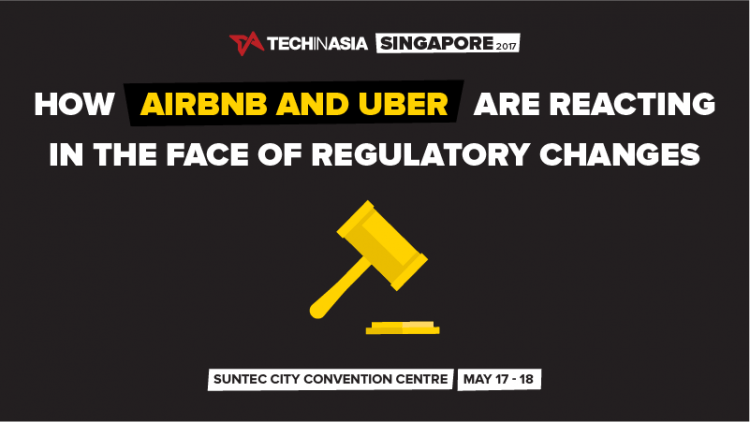 A few short years ago, it may seem unfathomable to share your personal assets via the Internet. But with the advanced technology today, it has made sharing cheaper and easier than ever. This booming industry is said to be worth USD15 billion today and as much as USD35 billion by 2025.
A few short years ago, it may seem unfathomable to share your personal assets via the Internet. But with the advanced technology today, it has made sharing cheaper and easier than ever. This booming industry is said to be worth USD15 billion today and as much as USD35 billion by 2025.
Over the years, the sharing economy has disrupted many industries – transportation, travel, hospitality, beauty, just to name a few. But the poster child of this phenomenon has got to be home-sharing company, Airbnb and ride-sharing giant, Uber.
Airbnb’s global success
Few companies have had the kind of global success similar to Airbnb. Since its birth in 2008, Airbnb has been able to grow without much real competition. Currently, with about two million listings across more than 190 countries, the San Francisco-based firm may be the most globalized among its P2P peers. Asia, in fact, is one of its fastest-growing regions. In 2015, Airbnb put together a list of the areas that have seen the greatest growth in bookings. The list was dominated by Asian countries, with Japan, Thailand and Malaysia taking the top three spots.
Uber’s active growth in Asia
While Uber operates in less than half the number of countries as Airbnb, the ride-sharing giant is still the most valuable startup in the United States and across the globe. In recent years, Uber’s been steadily increasing its presence in Asia – raising USD2.1 billion in 2015 to power its growth in Asian countries where it faces fierce competition. Uber now has active operations in most major cities in Southeast Asia, and this part of the world is said to have grown significantly faster than their businesses in Europe and the United States.
Despite their successes, stringent rules challenge the survival of businesses in the sharing economy
As consumers in Asia open up to the sharing concept, the region certainly possesses a tremendous growth potential for the rising number of startups that are using this concept to launch new and promising businesses.
However, as evidenced by Airbnb and Uber’s frequent clashes with local governments, it is clear that both parties are still struggling to find a good fit for these platforms in the existing business environment. Even Singapore, a keen early adopter, has recently clamped down on Airbnb and Uber with a tighter set of rules that could disrupt their business models and growth in Asia.
Follow the success stories of Airbnb and Uber at #tiasg2017
Despite these challenging hurdles, Uber and Airbnb have taken their respective industries by storm. What are the reasons for their resounding success? Are there any collaborative efforts to harness the potential of this industry?
Find out at Tech in Asia Singapore 2017 on May 18 as the APAC leaders of Airbnb, Uber and GovTech Singapore gathers for a sharing economy panel at Main Stage. If you’re a startup in the sharing economy, this is also a great chance to learn more about the nuts and bolts of the industry and how these regulations can affect you.
T-5 days to one of the largest tech startup conference in Asia. Have you gotten your ticket yet? What are you waiting for?

This post How Airbnb and Uber are reacting in the face of regulatory changes appeared first on Tech in Asia.
from Tech in Asia https://www.techinasia.com/airbnb-uber-reacting-face-regulatory
via IFTTT

No comments:
Post a Comment